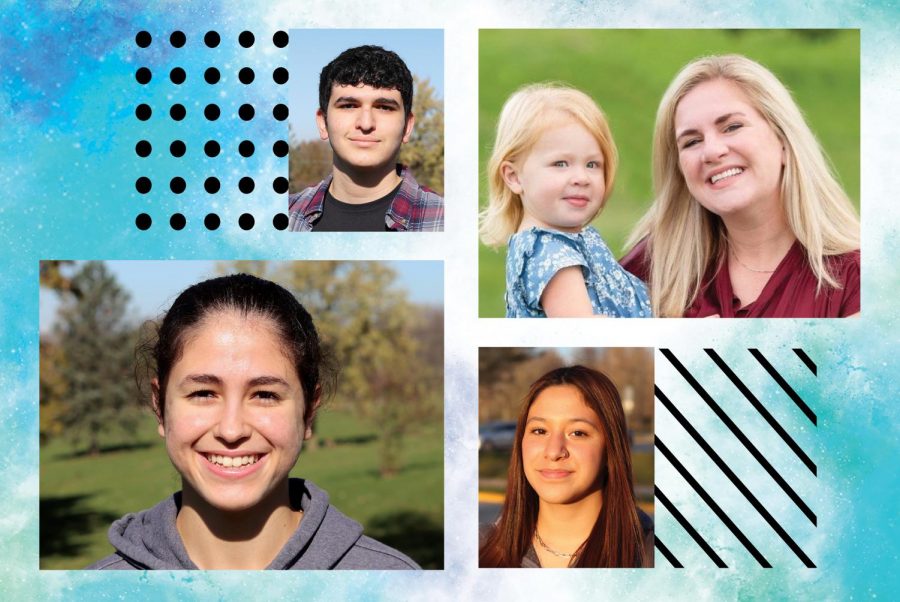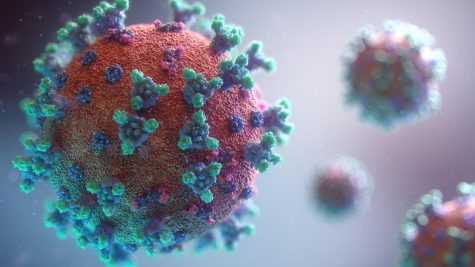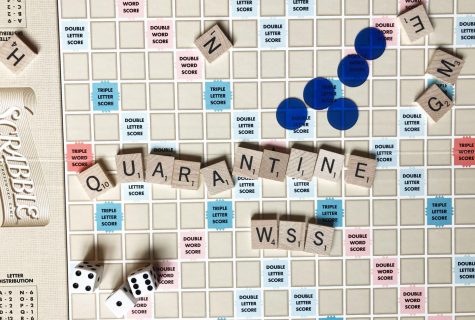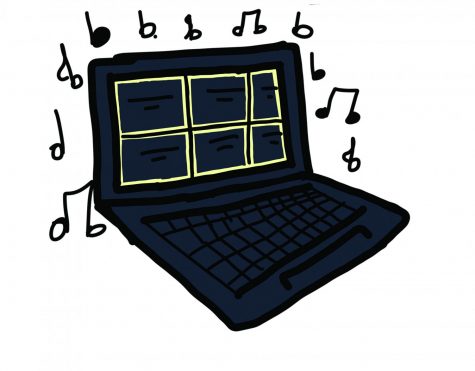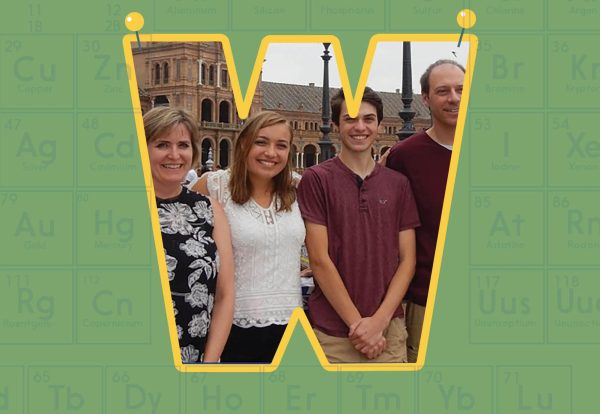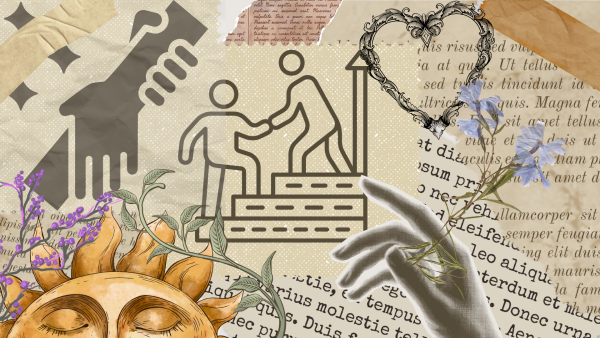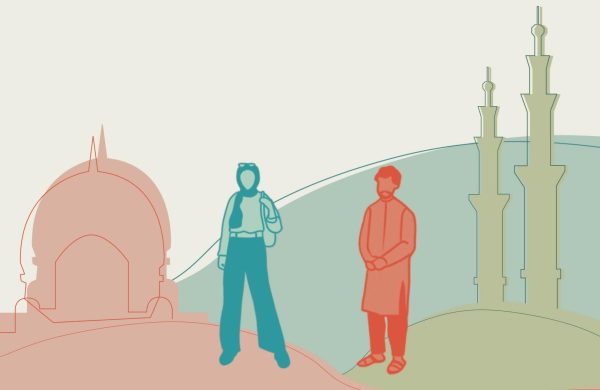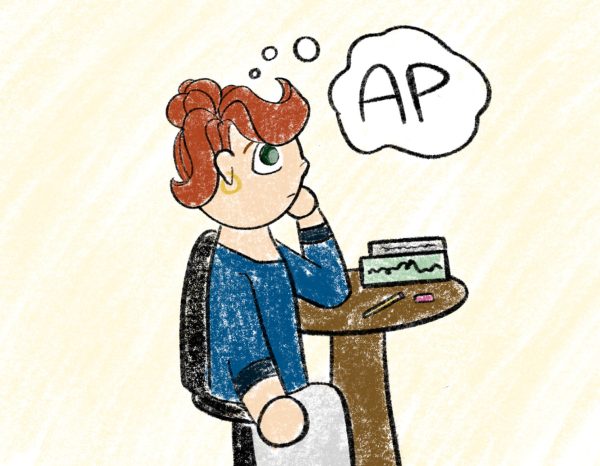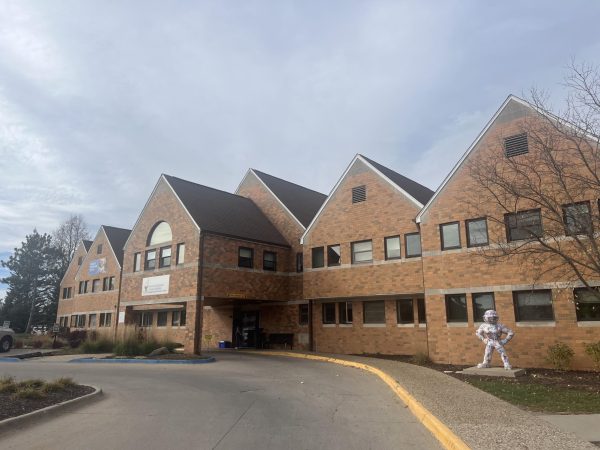COVID in our community
Community members who recovered from COVID-19 share their experiences with the virus and what they have learned from it.
West students and staff members share their experiences with COVID-19.
Even in the midst of a pandemic, the local effects of COVID-19 may seem distant to some. According to the district’s COVID-19 Dashboard, a total of 393 students and 96 staff members currently have or have had presumed or confirmed positive cases throughout the school year as of press time Nov. 9.
The school is taking precautions to ensure the safety of its students and to repress the growth of these numbers, including offering both hybrid and online schooling models. In order to keep the school itself safe, students enrolled in the hybrid model alternate days at West so that there are less than 400 students in the building at once. Other precautionary measures include teachers sanitizing desks in between class periods, tape markings encouraging individuals walking in different directions to stay on opposite sides of the hallways and stopping the use of shared items such as computers and keypads. If a student or staff member contracts COVID-19, they are required to quarantine themselves for a minimum of two weeks.
According to Chelsey Lenz, a nurse at West, students who attend school in person and display COVID-19 symptoms are required to provide a picture of a negative test result proving they don’t have the virus. If they don’t wish to get tested, they are required to self-isolate at home. Nurses call in every day to check on students who are marked absent due to illness, including those enrolled in the online learning program. Students, including those who are on the hybrid plan, are still required to go to Zoom meetings when they are at home as long as they are well enough to attend.
“We do recommend that students be [in] communication with their teachers about how they are feeling and their participation throughout [class] so that accommodations can be made if needed,” Lenz said.
Lenz also works closely with the Johnson County Public Health Department in order to contact trace the virus. In other words, she identifies students who have been exposed through close contact with those who tested positive for COVID-19. To do this, Lenz calls the families of students who have the virus and identifies who they have been in contact with by looking at seating charts, busing and extracurricular activities. She then notifies students who have been exposed and tells them to stay home.
I didn’t expect it at all because it was out of nowhere.
— Sara Alaya '22
While these precautions can help mitigate the spread of the virus, students can still contract it outside of school. Twins Sara and Yusef Alaya ’22 contracted the virus over the summer. Sara works a part-time job and believes she became unwell while working shifts there. Because of their close contact with each other, Yusef contracted the virus from Sara. “I was super, super surprised. I didn’t expect it at all because it was out of nowhere,” Sara said. “I just woke up one day [and] had a fever.”
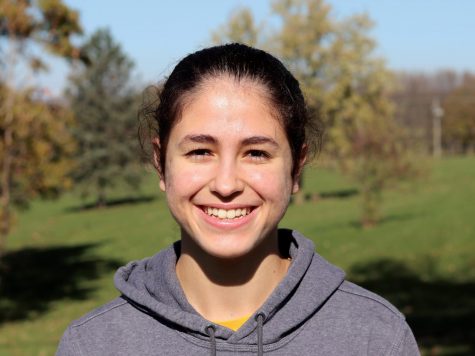
“It was pretty surprising, but I felt weird. It didn’t feel scary, but it just felt weird,” Yusef said.
The pair isolated themselves even before they received positive results confirming their illness. Yusef and Sara quarantined downstairs away from their parents to keep the virus from spreading. Their mom left food on the staircase, and in the meantime, the twins wiped down surfaces and kept themselves entertained with video games and TV. However, these safety measures interfered with their daily routines even after they recovered. Sara missed part of the cross country season, which hindered her growth in the sport.
“In the end, it did permanently damage the success of my season,” Sara said. “I had to work super hard to get back into shape.”
Yusef could no longer work at his job while he was quarantining, and it became difficult for him to adjust back into his previous schedule after he recovered.
“Going back from just sitting in my room all day to going to work and doing stuff, it felt weird,” Yusef said.
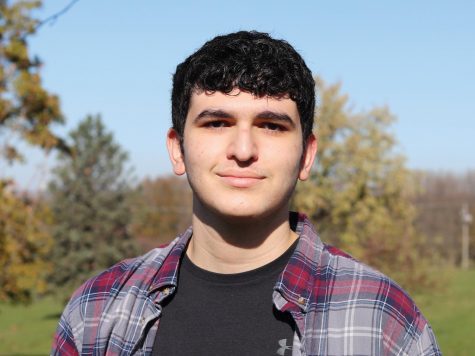
Although symptoms were mild for the twins for the majority of their recovery, they still believe it is important to be especially cautious during this time.
“Sara wears her mask all the time at work and stuff like that,” Yusef said. “[But] she ended up getting it, so I think it’s a lot easier to get [COVID-19] than you think.”
Another student who missed sports practices due to the virus is Isabel Rivera ’24. Isabel did not contract COVID-19 herself, but her father, Diego Rivera, did. Around four days after Diego tested positive, he was hospitalized for one day due to a long-lasting fever to see if he had a blood infection and to check the functionality of his organs.
“The first day really affected us because it really hit us like, ‘Oh wow, this could change a lot of stuff,’” Isabel said. “It changed all of our lives for a while because we were really worried about him.”
Despite his hospitalization, Diego ended up with only mild symptoms, such as a cough and loss of taste. He quarantined in his bedroom for 11 days, avoiding contact with his family and missing 17 days of work. Isabel also had to quarantine at home, missing the end of her cross country season. Diego has recovered enough to be able to return to work but has been experiencing headaches as a lingering effect. According to him, many people experience effects like these after recovering from the virus, but he is hopeful that they will eventually go away. Diego and Isabel’s experience with COVID-19 has led them to take it more seriously.
It really hit me that we need to be safe because you never know when someone could pass away.
— Isabel Rivera '24
“We really thought about what if my dad could get worse,” Isabel said. “It really hit me that we need to be safe because you never know when someone could pass away.”
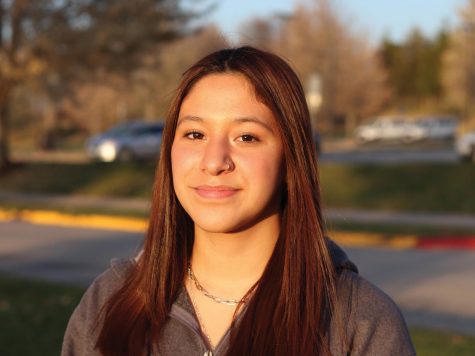
Before getting it himself, Diego saw the virus as something that would be difficult to contract but now thinks differently.
“I just realized that it can happen, and that it is real,” he said. “It was definitely an eye-opener for me.”
Social studies teacher Jessica Mehegan caught the virus from her mother after a weekly family dinner. Mehegan’s mother is participating in a research study at the University of Iowa and gets tested for the virus twice a week. Despite their best efforts to stay safe, Mehegan started to experience symptoms, such as a fever, stiff neck and congestion, and tested positive for COVID-19 the week her mother also tested positive.
“I wasn’t surprised,” Mehegan said. “[But] I was scared because I didn’t want to spread it to my kids or husband or father-in-law.”
Along with her other symptoms, Mehegan suffered from the complete loss of taste and smell.
“That’s something that’s never happened to me before,” Mehegan said. “I couldn’t tell the difference between coffee and water.”
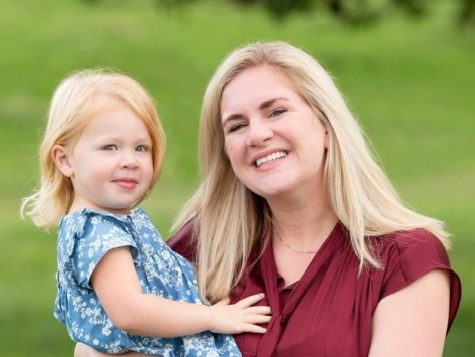
In order to keep her family safe, Mehegan wore a mask around them and had her husband manage all the meals. Additionally, she ate her food at separate times and tried to stay away from her family as much as possible. Although Mehegan was the only one who contracted the virus, her whole family had to quarantine together, and her husband was not able to go to work during that time period. Despite these challenges, Mehegan didn’t experience severe symptoms and was still able to teach online classes.
“I was lucky to have mild symptoms, but the virus itself is highly contagious and deadly. I worry about the fact that I could have spread it to my father-in-law, who is 79, if I wasn’t careful,” Mehegan said.
Lenz has seen the severities of the virus firsthand and encourages everyone to stay safe and work together to get through the pandemic.
“I want you all to be able to fully participate in extracurriculars, hang out with your friends and have everyone back on campus, but to get there, we all have to do our part,” Lenz said. “Support each other and don’t perpetuate the stigma that is often associated with a positive result. Encourage your friends and teammates to be honest about reporting symptoms and results and maintain open lines of communication with your school nurse and teachers.”
Your donation will support the student journalists of West High School. Your contribution will allow us to purchase Scholarship Yearbooks, newsroom equipment and cover our annual website hosting costs.
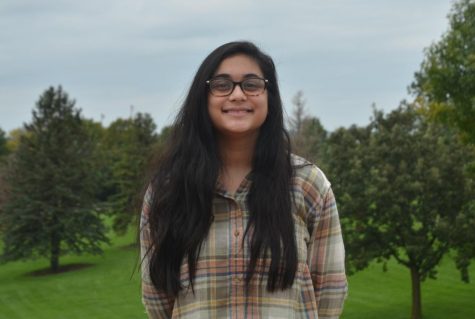
Fareeha Ahmad is a senior at West High, and this is her second year on staff. She is the profiles editor for print and the copy editor for yearbook. When...
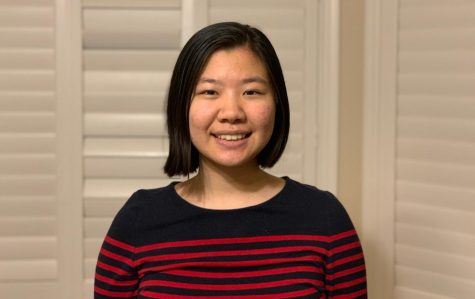
Helen Zhang is a senior at West. She is the columns editor and this is her second year on print staff. In her free time, Helen enjoys baking, reading and...
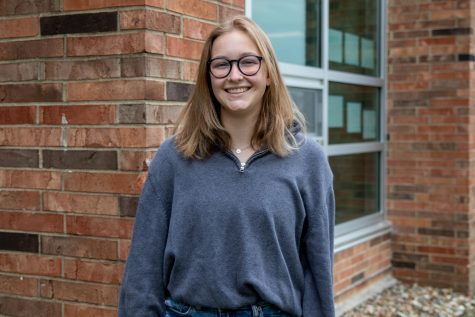
(she/her) Maddy Smith is a senior at West. This will be her third year on staff. She is the online Features and Visuals editor. She enjoys music, photography,...
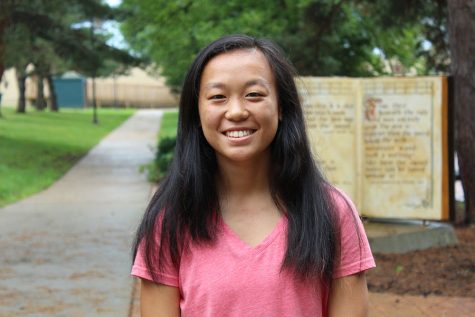
Amy Liao, a senior at West, is a third-year staffer and returning design editor for newspaper. She is looking forward to another year of Making Things...


